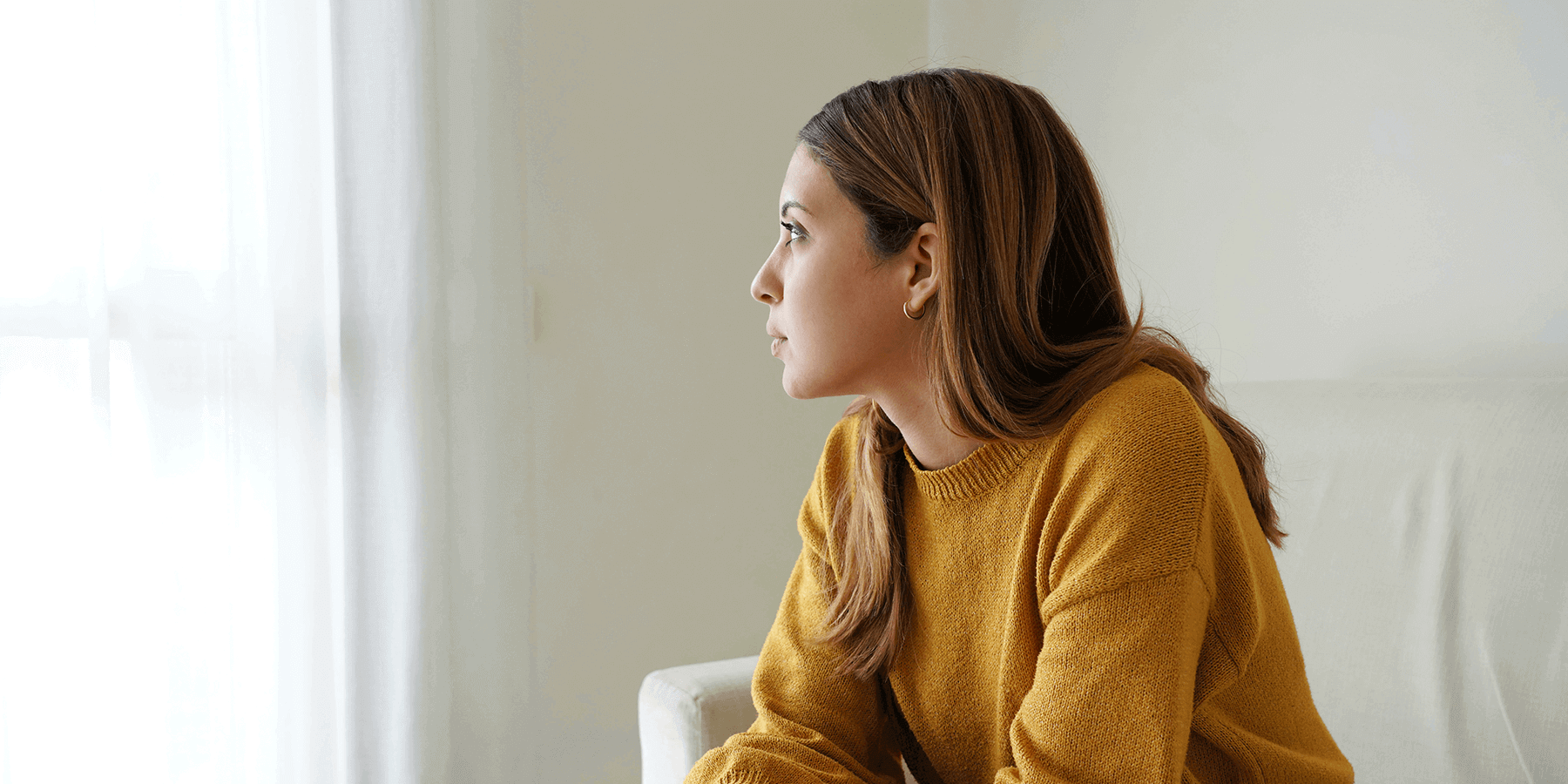
How long can chlamydia last?
Written on January 3, 2023 by Gillian (Gigi) Singer, MPH, Sexuality Educator & Certified Sexologist. To give you technically accurate, evidence-based information, content published on the Everlywell blog is reviewed by credentialed professionals with expertise in medical and bioscience fields.
Table of contents
About chlamydia
Chlamydia is a common sexually transmitted infection (STI) that can occur in the mouth, reproductive organs, urethra, rectum, and/or cervix [1]. It is easily diagnosed, treated, and cured with antibiotics.
Since “most people with the infection have no symptoms and do not seek testing,” the STI spreads, particularly among sexually active people between the ages of 14 and 25 [2].
The duration of a chlamydial infection depends on whether or not it is diagnosed and treated properly. When treated, “chlamydia should go away within a week or two. It’s important to take all antibiotics to fight the infection. Don’t have sex during treatment, or you could get reinfected” [1].
Diagnosed and treated chlamydia
According to the CDC, “patients treated with single-dose antibiotics should not have sex for seven days,” and “patients treated with a seven-day course of antibiotics should not have sex until they complete treatment, and their symptoms are gone. This helps prevent spreading the infection to sex partners. It is important to take all medicine prescribed to cure chlamydia” [2].
The CDC continues to say, “Medication for chlamydia should not be shared with anyone. Although medication will stop the infection, it will not repair any permanent damage done by the disease. If a person’s symptoms continue for more than a few days after receiving treatment, [they] should return to a health care provider to be reevaluated” [2].
Untreated chlamydia
If undiagnosed and/or untreated, chlamydia can have short-term and lifelong health consequences, particularly for folks assigned female at birth [2]. Note that untreated chlamydia will stick around for multiple years or longer and have long-term effects on your health.
Here are some effects of undiagnosed and/or untreated chlamydia [2]:
- Pelvic inflammatory disease (PID): PID causes a build-up of scar tissue in the fallopian tubes in females, which creates blockages and can lead to ectopic pregnancy, chronic pelvic/abdominal pain, or infertility
- Preterm birth is when an infected person is pregnant
- Eye infection, blindness, or pneumonia in infants born to an infected pregnant person
- Epididymitis: infections of the tubes that carry sperm from the tested, which result in testicular swelling and pain
- Proctitis (rectal inflammation)
- Nongonococcal urethritis (NGU): infection of the urethra resulting in painful/frequent urination, abnormal discharge, etc.
- Rectal or genital infection can last a year or more in babies who were infected at birth
Transmission
Regardless of your sex assigned at birth, if you have chlamydia that remains undiagnosed and untreated, and you continue to be sexually active (especially without using barrier methods of protection), the infection will continue to be transmitted to your partner(s). Studies additionally show that untreated chlamydia can also increase the risk of contracting HIV [2].
Diagnosing and treating your infection
At-home lab testing and telehealth provides discrete ways for you to be tested and treated for chlamydia.
Diagnostic at-home lab testing
Everlywell offers a diagnostic Chlamydia and Gonorrhea Test that you can take in the comfort of your own home in three easy steps:
- Register your kit: Once your test kit arrives, you register it at everlywell.com using the unique ID number included in your box.
- Collect your sample at home: You collect your sample in the comfort of your home and mail it to a certified lab with prepaid shipping.
- Receive results in days: Within days you'll receive physician-reviewed digital results and useful insights on our secure platform.
The at-home Chlamydia and Gonorrhea Test kit uses a urine sample to provide you with a diagnosis — you will urinate in a cup and place that sample in the mail to be tested.
For these at-home lab tests, if your results identify a marker as “detected” or you are “positive,” you will be offered a consultation with a board-certified physician licensed in your state of residence for no additional cost. When appropriate, and in states where it is permitted by law, the physician may prescribe treatment.
For more testing options, look at our website to see all of our sexual health at-home testing kits.
Telehealth
Looking to talk with a healthcare provider before testing or while you wait for results? With Telehealth from Everlywell, you are three easy steps away from talking to a provider:
- Create your profile online, fill out your medical history, and check to see if your insurance is accepted.
- Schedule your online visit.
- Receive a care plan to address your needs and symptoms, which may include testing, prescriptions, and lifestyle recommendations.
Related content
Treating chlamydia via telehealth: online chlamydia treatment
Chlamydia symptoms in men: key points to know
Can you get gonorrhea from oral?
References